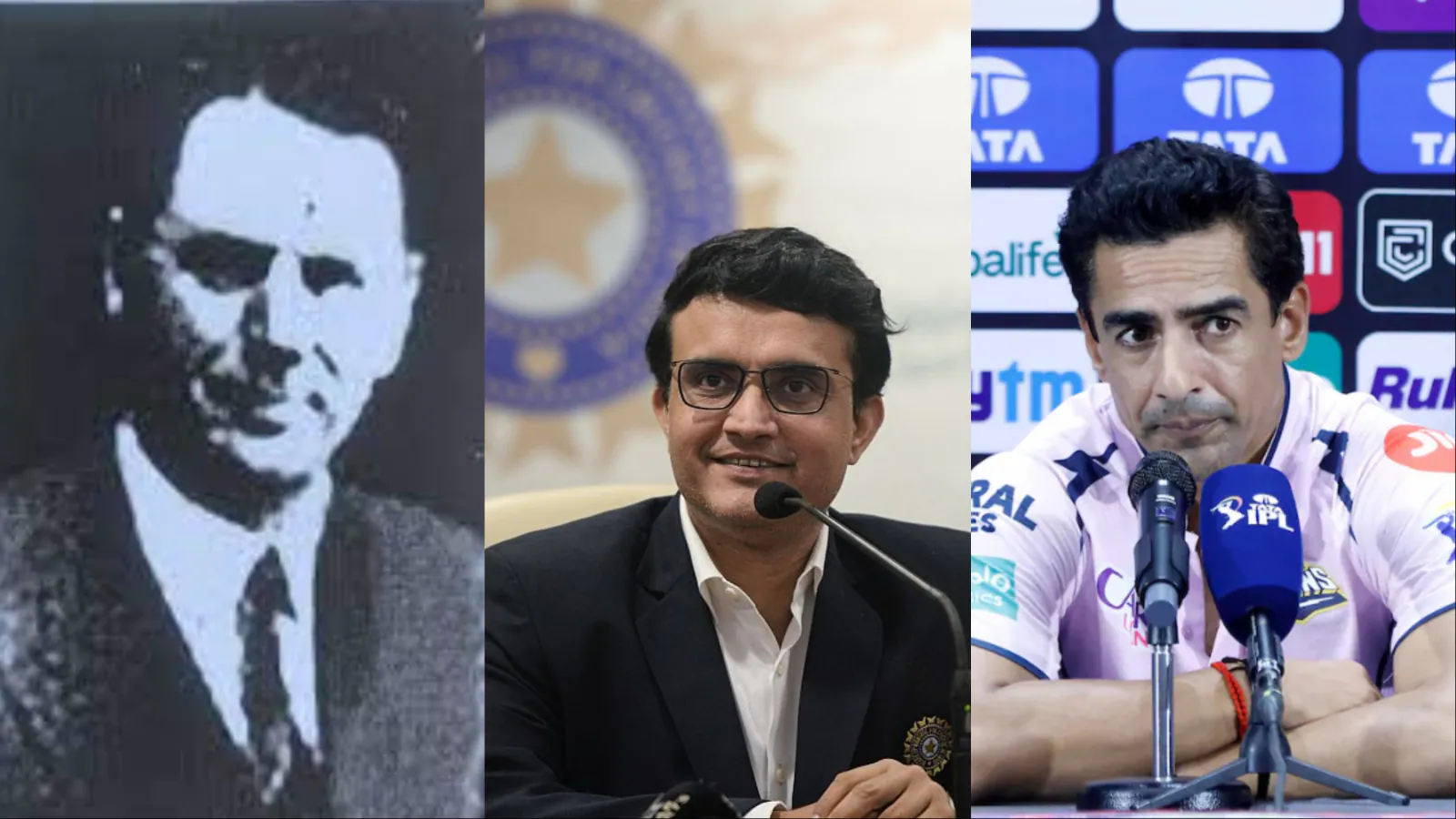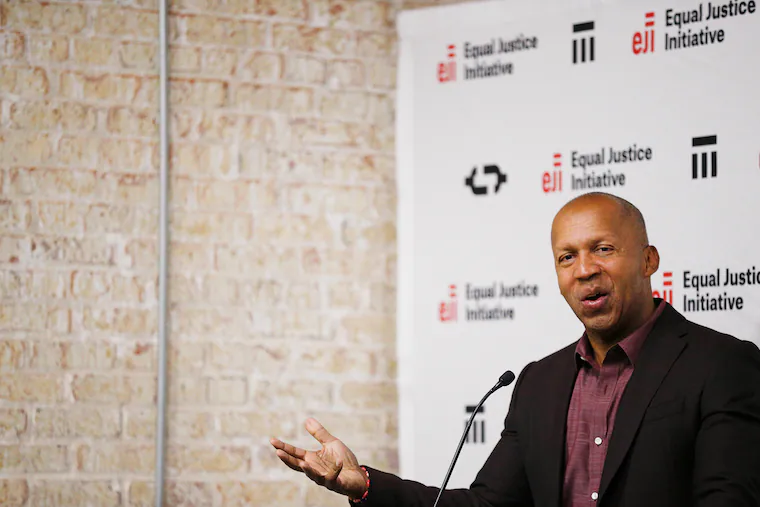Maia Sandu, Moldova’s pro-Western president, cements power after the party she founded wins election

Founded by Sandu in 2016, the Party of Action and Solidarity, known as PAS, won its second parliamentary majority on Sunday, defeating pro-Russian groups that risked upending Moldova’s push in recent years to join the European Union.
”The Kremlin sought to divide us, to undermine our trust — in the state, in our institutions, in one another, and in our ability to resist,” Sandu said in a speech on Monday. ”We did not allow ourselves to be bought, intimidated, or frightened. We mobilized and defended our country through honest, democratic choice.”
Landlocked between Ukraine and EU and NATO member Romania, Moldova was a Soviet republic until it proclaimed independence in 1991. In recent years, it has turned Westward: it became an EU candidate country in 2022 and as such, a geopolitical battleground between Russia and Europe.
Born in 1972 in the village of Risipeni, Sandu graduated from university in 1994 with a management degree and later took a master’s in international relations. From 1994 to 1998, she worked as a consultant at the Ministry of Economy, and then at the World Bank office in the Moldovan capital, Chisinau, until 2005.
In 2010, she obtained a master’s degree in public policy from Harvard, then worked as an adviser to the executive director of the World Bank in Washington. In 2012, she entered politics, serving as minister of education until 2015. In 2016, she founded PAS, a reformist party that railed against a kleptocratic political class. She briefly served as prime minister in 2019.
”There is a very small number of situations in which a politician is irreplaceable, but this is one of them,” Siegfried Muresan, a member of the European Parliament and the chair of its Moldova delegation, told The Associated Press. ”The party that she founded less than 10 years ago has become … the most successful democratic party in Europe currently … She managed to explain to the people in the country what was at stake.”
In 2014, Moldova — a country of about 2.5 million people — signed a deal with the EU to forge closer political and economic ties, but its development was hampered by corruption and a lack of reforms.
PAS won its new mandate on a ticket to continue toward EU membership by signing an accession treaty by 2028, to double incomes, modernize infrastructure, and fight corruption. The party has said previous leaders left Moldova ”impoverished and weakened.”
”Her party was founded less than a decade ago in an environment where people have lost trust with traditional Moldovan parties,” Muresan said. ”She convinced people in her country that they should never lose hope and should never lose faith.”
In the last few years, Sandu has helped steer Moldova through multiple crises. They include a large wave of refugees from the war in neighboring Ukraine, and an alleged ”hybrid war” by Russia that includes energy blackmail, electoral interference, and sprawling disinformation campaigns online to sway voters. Moscow has repeatedly denied meddling in Moldova.
”Maia Sandu is a gift from God … she had the wisdom to be able to get us closer to the EU,” said Nadejda Vartos in Chisinau. ”She had the power … to knock on the doors until they opened.”
Sandu has frequently been subjected to online attacks, often targeting her private life. That she is unmarried and does not have children has made her an easy target in the Eastern Orthodox country.
Ahead of Sunday’s vote, a website mimicking the U.S. lifestyle outlet OK! Magazine ran a fabricated story headlined, ”Moldovan president in celebrity sperm scandal!” It alleged that Sandu was purchasing sperm from gay celebrity donors such as Ricky Martin and Elton John to have a child.
”They started labeling her with all sorts of things, like she belonged to a sexual minority, or that she was anti-faith, anti-church,” he said. ”They tried to spread a lot of misinformation about her … It didn’t catch on.”
Dodon, a former president whose Party of Socialists ran as part of the pro-Russian Patriotic Electoral Bloc, lashed out at PAS and Sandu on Tuesday, alleging they used administrative resources to remove opponents from Sunday’s ballot, and blocked ”hundreds of thousands” from voting inside and outside the country.
”Sandu and PAS lost domestically, just like in the 2024 presidential election,” Dodon said. ”This is a direct testimony of the distrust of the citizens who live here and face real problems every day.”
PAS obtained 78% of the vote in Moldova’s large diaspora on Sunday. After Sandu’s reelection last year, similar statements were made by the pro-Russian opposition, who questioned the popular vote without the diaspora.
Russia’s Foreign Minister, Sergey Lavrov, also alleged Tuesday that Moldova’s presidential elections were ”fraudulent” and that voters were ”blatantly manipulated.” Speaking in the Russian city of Sochi, Lavrov repeated complaints that only two polling stations had been opened for Moldovans living in Russia.



